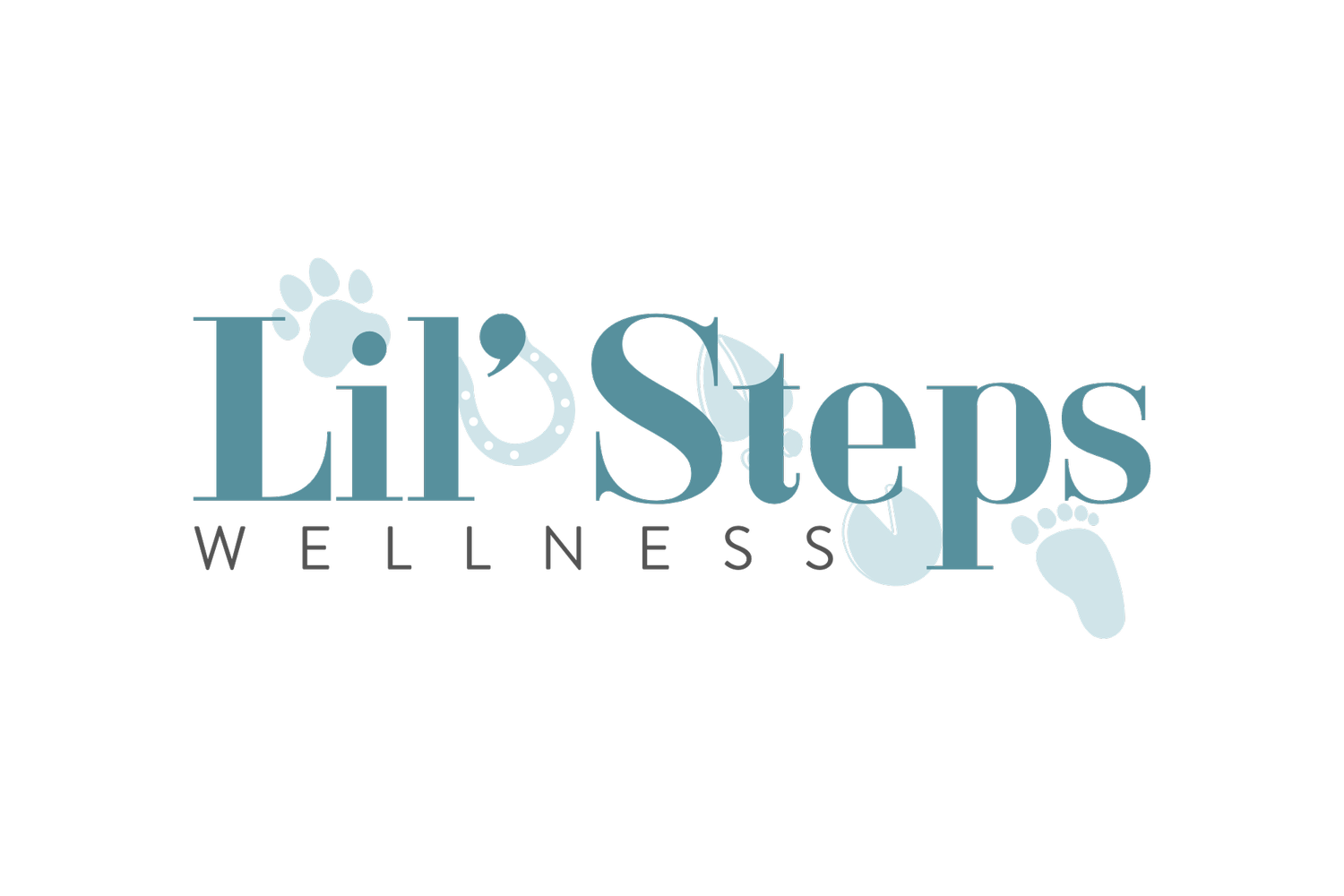A Safe Space Without Judgement
A Professional Perspective
Helps with Emotional Regulation
Let’s face it, most adults struggle with regulating emotions and have difficulty identifying and addressing our emotional responses! Therapy helps you develop tools for regulating your emotions, making it easier to cope with life’s challenges. You’ll learn healthier ways to manage difficult feelings, whether through mindfulness, reframing negative thoughts, or developing self-compassion.
Provides Tools and Fosters Long-Term Well Being
Previous
Previous
Finding Strength In Vulnerability: Why Being Vulnerable is Necessary
Next
Next



